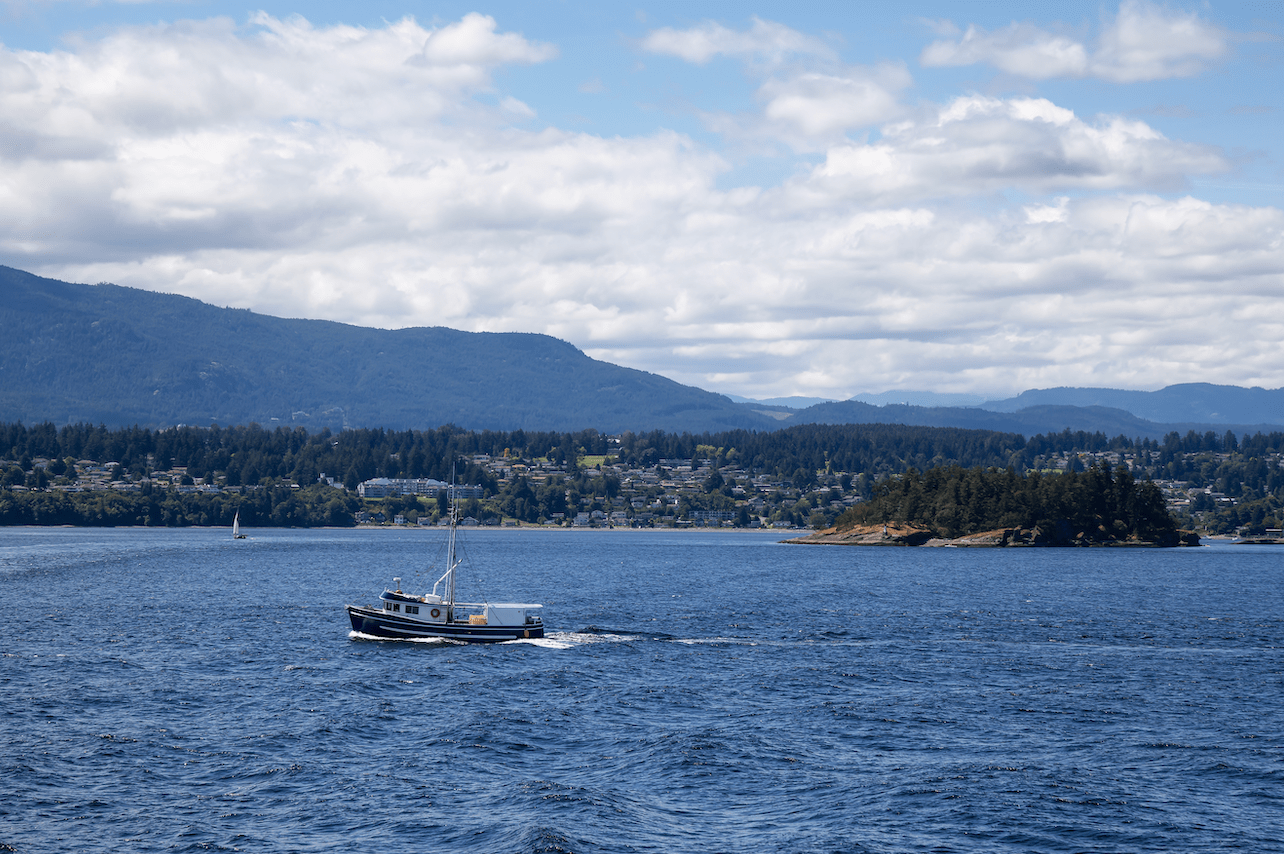VICTORIA – Following the signing of last June’s strategic partnership with the Zong Shen Industrial Group of China, a five-person delegation from Vancouver-based Harbour Air will be visiting China at the end of the month to meet with their corporate counterparts. “Where are we at with this? Well, the deal was signed, the media announcement happened and now we’re moving to the next step. A group of our operational people, including from ownership will be going to China at the end of this month,” explained Harbour Air’s Executive Vice President Randy Wright October 14.
“They will be meeting with the representatives of the Zong Shen Group to look over the area, make some initial plans for what they want to achieve and to discuss possible aircraft choices and issues regarding potential pilots,” Wright said from his Victoria office.
Harbour Air executives scheduled to take part in the mission will include company CEO Greg McDougall, Harbour Air President Peter Evans, Chad Wetsch the Vice President of Ground Operations, Meredith Moll the Vice President of Sales and Marketing and Eric Scott the company’s Vice President of Flight Operations and Safety. “They will be flying around all over making preliminary plans for possible base sites, checking water conditions, looking over the land while having several discussions on-site with Zong Shen which will be happening at the end of the month,” Wright explained.
“There are many large cities and many more people than there are in Canada so there’s a huge opportunity and we see it as something that would be huge for Canadian aviation and our business model. It’s big for us, you have to remember that we started 35 years ago with two planes and now we’re grown to become the largest floatplane equipped airline in the world. It’s a Made in BC export in terms of transportation systems. It’s very exciting but there’s still a lot of work to be done.”
In June Zong Shen purchased a 25 percent share in Harbour Air, but according to Wright the Chinese offer wasn’t the first the air carrier had been presented in recent years. “China has approached us many times before, many countries have; Nicaragua, Russia, Mexico, Saudi Arabia, lots of people over the years have knocked on our door. But what’s changed in China is that the military have relaxed the controls over civil aviation. You can basically fly unchecked below 10,000 feet now,” he said.
“So now they see an opportunity, with potentially millions of people as future passengers, and there are many waterways accessible there so they feel they can now start a seaplane service to help move those people around. They see it as a much cheaper alternative to building airports from an infrastructure point of view. It’s much simpler to put in docks, build smaller buildings and basically light up China with this service,” he said.
“We’re proud that others want to build on what we’ve done here in British Columbia. It’s a great Canadian aviation story. There’s a lot of work ahead of us but we’re excited and it’s a great opportunity.”

